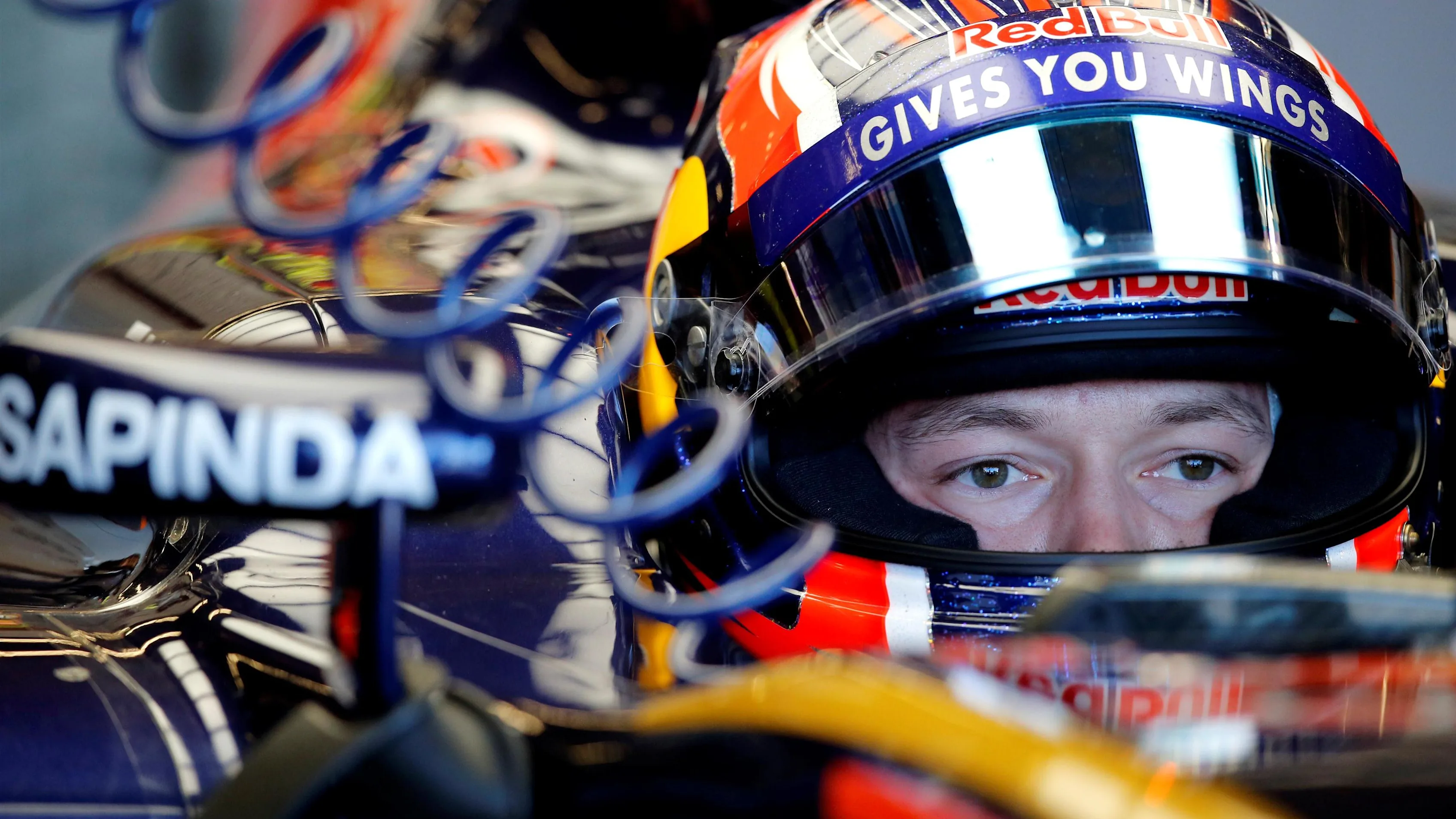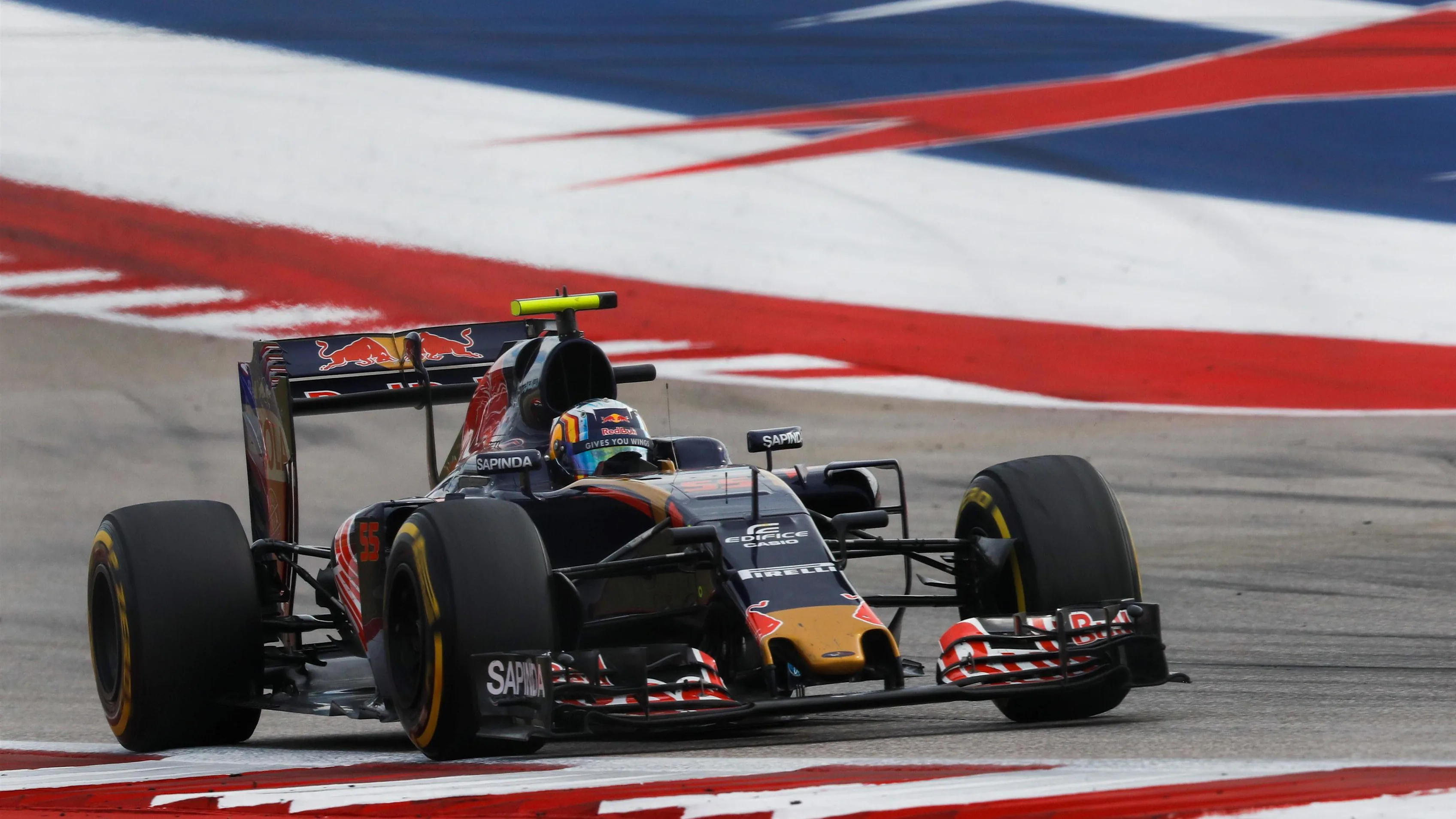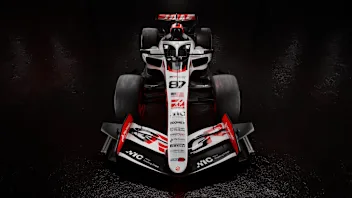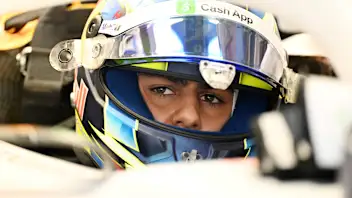Exclusive - Tost on Kvyat’s renaissance, the ‘17 driver market & more
Toro Rosso team principal Franz Tost has a reputation for nurturing new driver talent, so it came as a surprise to some when the Italian squad recently reconfirmed Daniil Kvyat for next season, rather than opting for the ‘next big thing’ from Red Bull’s young driver programme. We caught up with Tost for an exclusive chat about how teams choose their drivers, how Toro Rosso will benefit from the 2017 rule changes, and why he is far from satisfied with their 2016 campaign…
Q: Franz, let’s start with the driver situation in Formula One. Even after you confirming Daniil Kvyat for 2017, there are still around 10 unconfirmed seats for next season. That’s a rare situation, so late in the year - why so?
Franz Tost: Wow, I hadn’t thought about that. Naturally I can only speak about our situation: generally the philosophy of Red Bull is to decide at the end of the season. This year we’ve done it a bit differently, confirming Carlos (Sainz) pretty early - and Daniil a couple of days ago. Regarding other teams I only can give you my guess. There are a couple of good drivers on the market with their contracts terminating at the end of the season, but of course a driver decision always comes with a number of aspects. First of all it is about the talent of the driver. Secondly, it is also a matter of the financial situation of the team. And thirdly marketing reasons can also play a role - if you want to bring a driver into the team who is important to a certain sponsor or a certain country. To cover all these aspects is sometimes not so easy. I remember seasons where teams waited until the last possible moment to sign a guy - literally before flying out for the first race! So it’s nothing really new - maybe just the number (of unconfirmed seats) is a bit high. But the fight for the most efficient package is fought fiercely. (Laughs)

Toro Rosso always goes for the most skilled (drivers)
Q: On Thursday in Austin you said that news on your second 2017 driver would have to wait until the end of the season - then two days later Daniil was signed. So why the sudden rush?
FT: No rush at all. Red Bull decided to do it here because we are convinced that Daniil is the right choice for 2017 - and to end the rumours and bring stability to the team for the last four races. It was clear for quite some time, so it was a matter of why wait any longer?
Q: Red Bull motorsport consultant Helmut Marko said that you decided…
FT: …it was a Red Bull decision. That’s it. Daniil deserves the drive next year, as he showed great performance in Singapore and was pretty competitive in Malaysia and Japan - with a car that has an engine on which development has stopped and which is short of 60 to 70 horsepower!
Q: Coming back to the large number of seats unconfirmed for 2017, are teams holding back because there are plenty of good drivers out there? Or is it the opposite - there’s few good drivers available so they are having to bide their time? And is money playing a role?
FT: Money always plays a role in Formula One! And, of course, especially for the midfield and what you might call the backmarker teams, they have to find the best possible package, as it might be a question of do or die. And something has changed in the recent past: some of the top teams now try to influence the driver choices of certain midfield teams. So it is all about making the right choice at the right moment. And on top of that, the huge (rule) changes for 2017 make everything even more complicated.
Q: What is the biggest risk for a team in choosing a driver?
FT: It’s always a combination. If you are not convinced of a driver you don’t take him. That is unwritten law - or should be unwritten law. And if somebody is a ‘car wrecker’, you don’t know beforehand - because if you did then you would not take him in the first place. (Laughs) But yes, there are sometimes situations coming together where you are not completely happy, as maybe one element is missing. Maybe the talent is huge but the financial side is not satisfactory - what are you going to do then? Then it boils down to the philosophy of the team, as to whether you take the most skilled driver and hope to sort the financial side out during the season, or you look for safe financial pillars and take on a guy who is not so skilled. Toro Rosso always goes for the most skilled. Red Bull would never take on a second-class driver for money reasons. Talent is paramount.
Q: How important has the financial side of the ‘driver package’ become in recent years?
FT: It was never any different. Think back: Niki Lauda brought money to drive a March - a very mediocre car in those days. Or take Nelson Piquet: Parmalat Brazil was his backer and they pushed for him. So nothing has changed. People tend to forget that. And, of course, if you sign a driver you ask him if he has contacts, because with two things you always struggle in F1, and always have: time and money. (Laughs)
Q: Which of the two is easier to handle?
FT: It’s a question of timing, but both can cause big trouble. I personally prefer to handle the time issue.
Q: An American F1 driver would certainly boost F1 racing in the United States. Christian Horner said recently, though, that he doesn’t see anyone on the horizon who would satisfy Red Bull’s young driver programme criteria. Is F1 too difficult for US talent?
FT: It is much more complicated than that, because it depends on the motorsport culture of a country. I am convinced that there are skilled drivers in the US, but to make it in F1 you have to go to Europe - at a very early age. You have to start karting by the age of seven at the latest. Otherwise you will not make it into F1. So it all depends on the parents, who must be willing to move to Europe - and who does that? Or you build up a really competitive karting scene in the US and participate several times a year on an international level. What is then important is that you have a high number of youngsters, so you can make good selection processes in terms of quality. Maybe Liberty Media can push all that forward.

It was not a good season for us - absolutely not.
Q: So age is paramount? Some years ago you could start at 12 or 13 - and now seven is the benchmark?
FT: That is the development in sports - all kinds of sports: skiing, ice skating, football. If you don’t have the education starting at this early age you are lost. It is about the nervous system. The younger you are, the easier you learn and memorize processes. You can never compensate for that later. If somebody tells me he has never done karting, but he wants to break into F1 then I tell him that’s a joke. Because in difficult situations - when it is a matter of milliseconds - you cannot react based on conscious thinking. You have to live on instinct - and that you learn at the youngest possible age.
Q: The 2017 rule changes will make more synergies possible in the future between Red Bull Racing and Toro Rosso, which should mean better results for you. It won’t be instant, because - as Helmut Marko pointed out - Red Bull Racing can implement updates faster than Toro Rosso because of their greater capacity, but from 2018 onwards that shouldn’t be an issue. Is that how you see it?
FT: Yes, Helmut is right because Red Bull Technology has three times the number of people that we have. And they release their drawings very late. So if we were to hold off with the production of our parts - we are talking about everything within the regulations - until they release the drawings, we would not race. And that is because of the regulation changes - otherwise it would be easy, as we could carry over some parts from their 2016 car. So now we build things ourselves and hope that the synergies work in 2018 when we can carry over (some parts) from their 2017 car. So yes, synergies are in the wings.
Q: Toro Rosso currently hold a pretty safe looking seventh place in the constructors’ standings. When did your hopes of P5 go out the window?
FT: That was a process in steps. Step one was when Max Verstappen left for Red Bull Racing. That took away a lot of potential from the team. That does not mean that Daniil is not doing a fantastic job, but he had to recover. Then we had some engine failures that we didn’t expect. Next came our involvement in some incidents, like in Monaco when Carlos showed a real good performance and was in front of Perez before the pit stop - and after he had pitted he was nowhere - where clearly the team has lost his position. Then I always said that the second half of the season would be difficult, as there was no development on the engine - and now we are struggling with the pace. Now the points that we did not bag at the beginning of the season haunt us. But to be fair, even if everything had worked perfectly for us this season Force India were simply too strong - and also Williams. But P6 should have been possible, because McLaren are not so far ahead of us.
Q: With P7 can you still go home saying it was a reasonable season for you?
FT: No, it was not a good season for us. Absolutely not. It would be wrong for me to say that I am satisfied. P5 - then I would have gone home with a smile.
Next Up
.webp)
/SI202601151081.webp)

.webp)
